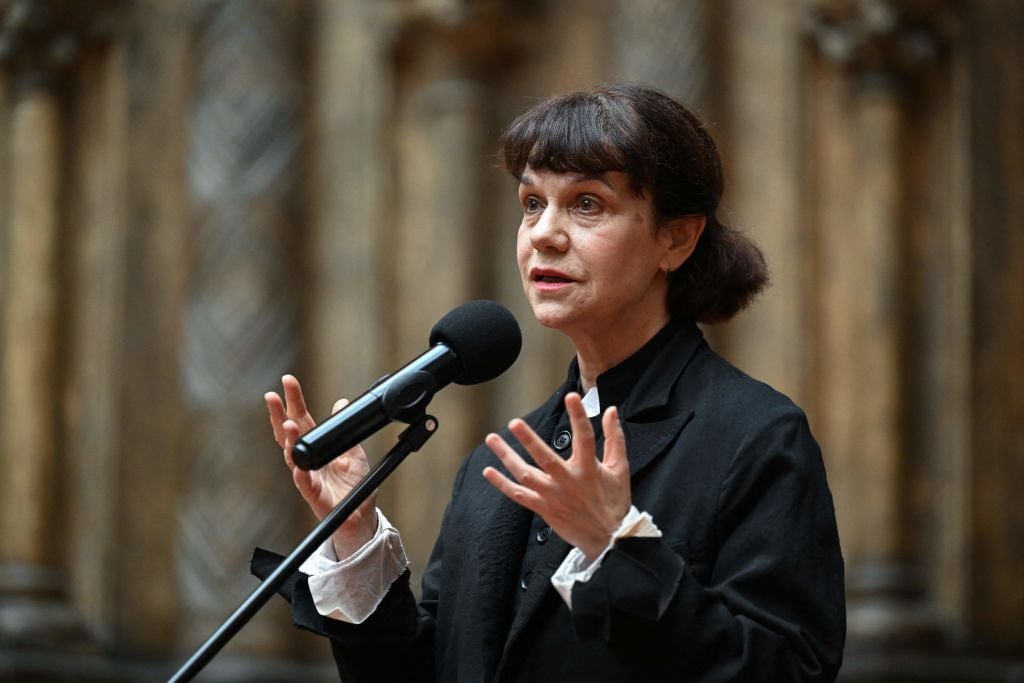
Marina Loshak, director of the Pushkin State Museum of Fine Arts in Moscow, has announced her resignation. She will be replaced by Elizaveta Likhacheva, director of the Shchusev State Museum of Architecture.
Loshak, who was born in Odessa, Ukraine, and moved to Moscow in 1986, had stayed in the role since 2013 and gained a reputation for organizing major collaborations with national and international institutions. The Pushkin Museum is the largest museum dedicated to Western art in Moscow.
Her decision to step down has been linked to the escalating repression of dissenting voices in Russia. Her daughter and nephew are both journalists who have been categorized as “foreign agents” by Putin’s government and fled Russia after the invasion of Ukraine.
The move also comes just over a month after Zelfira Tregulova’s ousting from the State Tretyakov Gallery and quick replacement with Elena Pronicheva, whose father is a retired military personnel who served as deputy director of the Federal Security Service. The organization was also headed in the 1990s by Vladimir Putin, who has continued to oversee it closely as president.
“I was the director for 10 years,” Loshak said in a statement about her departure from the Pushkin Museum. “You need the next person to come with new energy, with new thoughts, and with new ambitions to continue what others have started.”
According to a report in The Art Newspaper, new director Likhacheva’s appointment at the Shchusev Museum in 2017 was protested by museum staff who launched a petition claiming she was not sufficiently experienced for the role. Despite this, she has reportedly managed to modernize the museum and boost its annual visitors to 11,000.
Agentstvo, an opposition media site has, however, reported that Likhacheva previously worked for Russia’s Ministry of the Interior. It also cited leaked tax documents that apparently show she worked for a pro-Kremlin movement in the early 2000s.
Meanwhile, Mikhail Piotrovsky, who directs the State Hermitage Museum in St. Petersburg, has long been favoured by Putin and has openly supported the war in Ukraine. In June, TAN reported, he described Russian exhibitions as a “powerful cultural offensive” and a “special operation”, echoing the official Russian terminology for the war of “special military operation.”
“We are coming,” he added. “And no one can be allowed to interfere with our offensive.”
A former curator of contemporary art at the Hermitage, Dmitri Ozerkov, resigned after 22 years in October, stating on Instagram: “I left because I don’t intend to have anything in common with today’s Russia.”